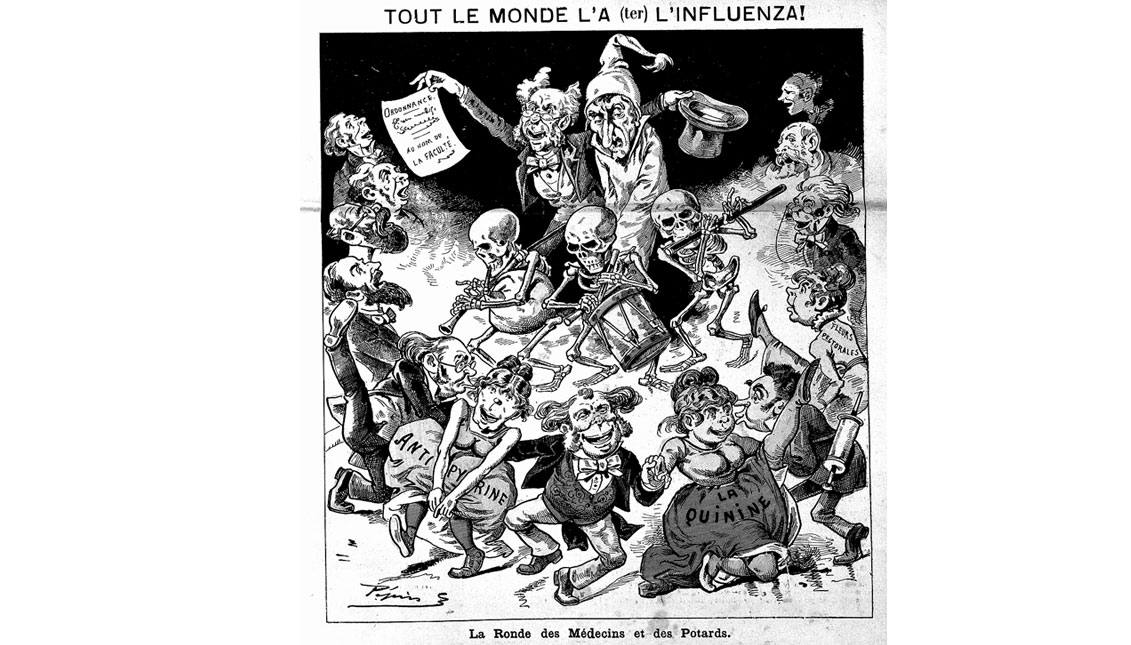
The paradox of being a hero in the 21st century
Health workers are being forced to make a very expensive sacrifice during the Coronavirus pandemic.
“The person who takes medicine must recover twice, once from the disease, and once from the medicine,” said William Osler, Canadian physician and one of the founders of the renowned Johns Hopkins hospital, today one of the institutions most involved in the fight against the Coronavirus pandemic.
When Johns Hopkins was founded in 1889, the whole world was experiencing another pandemic: influenza would claim the lives of more than one million people within a year, victims of a virus that at the time was known as "the Asian flu" or "the Russian flu.”
One hundred and thirty years later, the Coronavirus –which President Donald Trump insisted on calling "the Chinese virus"– has killed 150,000 people in just over three months.
RELATED CONTENT
Just as in 1889, when Americans downplayed the disease that would subjugate all of St. Petersburg, the United States thought that the Coronavirus would disappear "like a miracle" in 2020. The difference, paradoxically, is that the globalized world, the unstoppable technological development, and the economic bonanza were not enough to prepare a supposed "world power" to face, again, an invisible enemy imported from the East.
The considerable increase in population, as well as the diversification of the health professions, have given another distinguishable characteristic to this new episode: health and economic equality have proven to be the real priorities of a nation that intends to keep its citizens alive.
That is why in this week's edition we wanted to talk to those who have had the first-hand experience of the atrocities caused not only by the COVID-19, but by government neglect, and by the deep fractures in our social system.
Doctors all over the world have had to put their lives and those of their families at risk, come into direct contact with the disease, while the precariousness of their salaries and the mistreatment of their neighbors make them the most palpable paradox of the globalized world.
We, instead of applauding from a window, have decided to tell their stories.










LEAVE A COMMENT:
Join the discussion! Leave a comment.